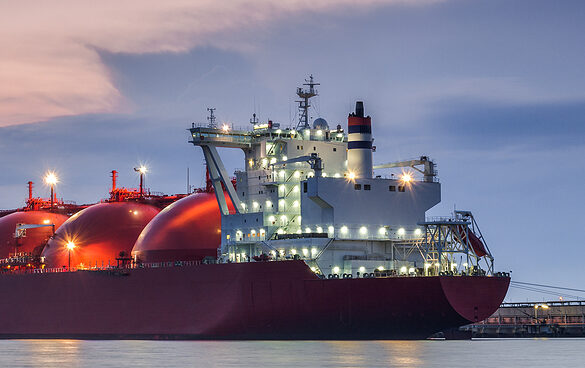A Thursday hearing of the state’s Philadelphia Liquid Natural Gas Export Task Force saw industry experts argue for the construction of a natural gas terminal at the Port of Philadelphia, with one advocate claiming natural gas is “necessary to power the economies of the world” as more and more countries move toward renewables. The Pennsylvania […]

